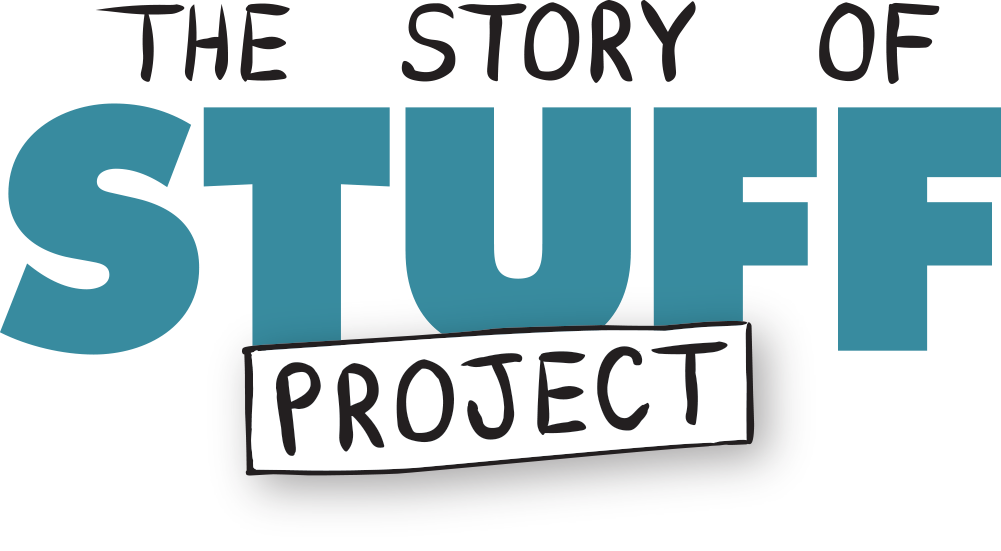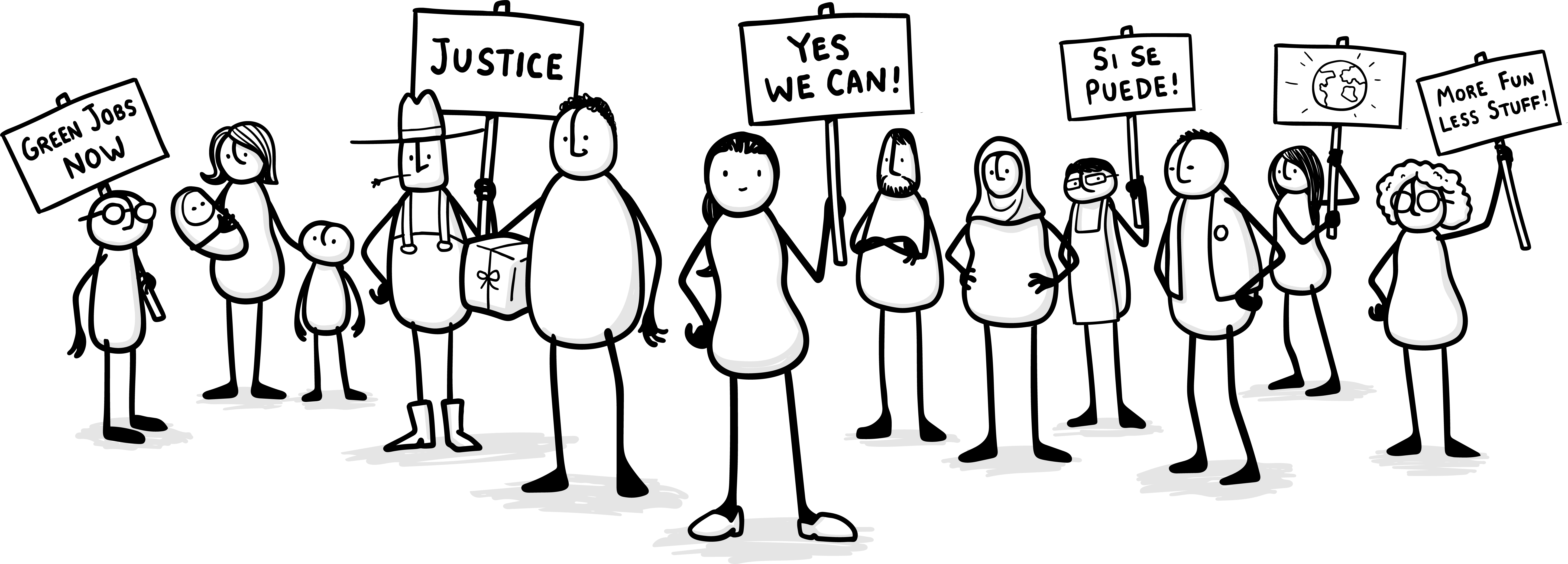Until 2018, 4000 shipping containers of trash were exported from the US to China daily. As the environmental costs of importing plastic have crystallized, and one country after another bans plastic imports, we’ve seen a desperate scramble from Western countries to find new places to send their trash. As this new long-term reality sets in, plastic production is on course to explode over the next decade.
This new reality puts us at a crossroads with two possible futures. In the first, we ignore the problem, and we are left to deal with the massive environmental and financial burden of plastics’ afterlife. In the other scenario, we correct our wrong turn and use this crisis to fuel a shift in our dependence on plastic. California may be on the verge of passing landmark legislation that would do just this, setting the standard for other states and nations to follow.
Addressing Plastic Pollution Systemically
Many of the legislative efforts to cut down on plastics to date have focused on individual product bans like microbeads, straws, and bags. Although these bans address some of the most problematic plastic products, they don’t address the biggest problem of all: the sheer scale of plastic production. Absent comprehensive policies to create circularity in the plastics economy, we can’t truly stem the tide.
At the start of 2019, The Story of Stuff Project teamed up with a coalition of organizations and legislators in California to create model legislation to reduce single-use plastics. Buoyed by the successes of our #breakfreefromplastic movement colleagues in Europe, who finalized the EU Plastics Directive the previous month, we decided the time was right for a systemic intervention around plastic waste here in the U.S.
California Senate Bill 54 and Assembly Bill 1080, known together as The California Circular Economy and Plastic Pollution Reduction Act, is designed to do just that. The bill would reduce the waste stream from single-use products and packaging sold in the state by 75% by 2030 and ensure any remaining single-use packaging or products can be recycled or composted in the state. We anticipate the bill would have an impact in a number of ways including the following.
❌Reduce single-use plastic sold in California
❌Reduce demand for new ‘virgin’ plastic
❌Reduce the export of our waste overseas
❌Reduce the growing financial burden on taxpayers
✅Increase recycled content in new products
✅Hold companies responsible for the management of their products
✅Create new business opportunities, green jobs, and plastic-free norms
Setting High Reductions Targets for Retail & Manufacturing Industries
Under this bill, manufacturers and retailers in California would need to reduce the output of non-recyclable single-use plastic by 75 percent by 2030. The bill also establishes rising single-use reductions and recycling rates for companies.
Redefining Recycling
This measure would redefine and standardize what’s recyclable in the state around what has resale value. What’s often misunderstood about recycling is that it’s less about what can be recycled in a lab and more about whether there is enough value in the material to make it worth recycling. Without resale value for plastics, we will not see circularity, and they should not be considered recyclable. For example, plastics with the numbers 3-7 have virtually no recycling markets domestically or abroad – so although they are technically recyclable, they are not practically recyclable.
Phasing Out Non-Recyclable Single-Use Plastics
From 2030, all single-use plastics sold in the state would need to be recyclable or compostable. Redefining recycling means recognizing that a huge amount of what goes into our recycling bins isn’t actually recyclable from an economic standpoint. Increasingly, municipalities are having to landfill these products. Phasing out non-recyclable, single-use products would incentivize the redesign of single-use products and delivery systems for reduction and true recyclability.
Encourage In-state Manufacturing, Recycling & Green Jobs
By ensuring that all single-use products be recyclable in the state, we reduce the need to export waste overseas. Dealing with the recycling in-state around a smaller, higher-quality waste stream is likely to reduce taxpayers costs, as well as create additional jobs and infrastructure in the state. With the policy helping to ignite broader cultural shifts away from single-use plastics, we also anticipate a growing space for innovation and business development in refillable and alternative delivery systems.
At a time where plastic threatens to permanently imprint itself on our planet, The California Circular Economy and Plastic Pollution Reduction Act would set a new gold standard for legislative responses to this crisis that move beyond bans and start to shift industry standards around reduction, reuse and market-driven recycling. Without ambitious legislation like this, we may continue to win battles and lose the war. Story of Stuff is committed to scaling this legislation to other states with a broad coalition of allies and will work to bring it to other states in the years to come.






